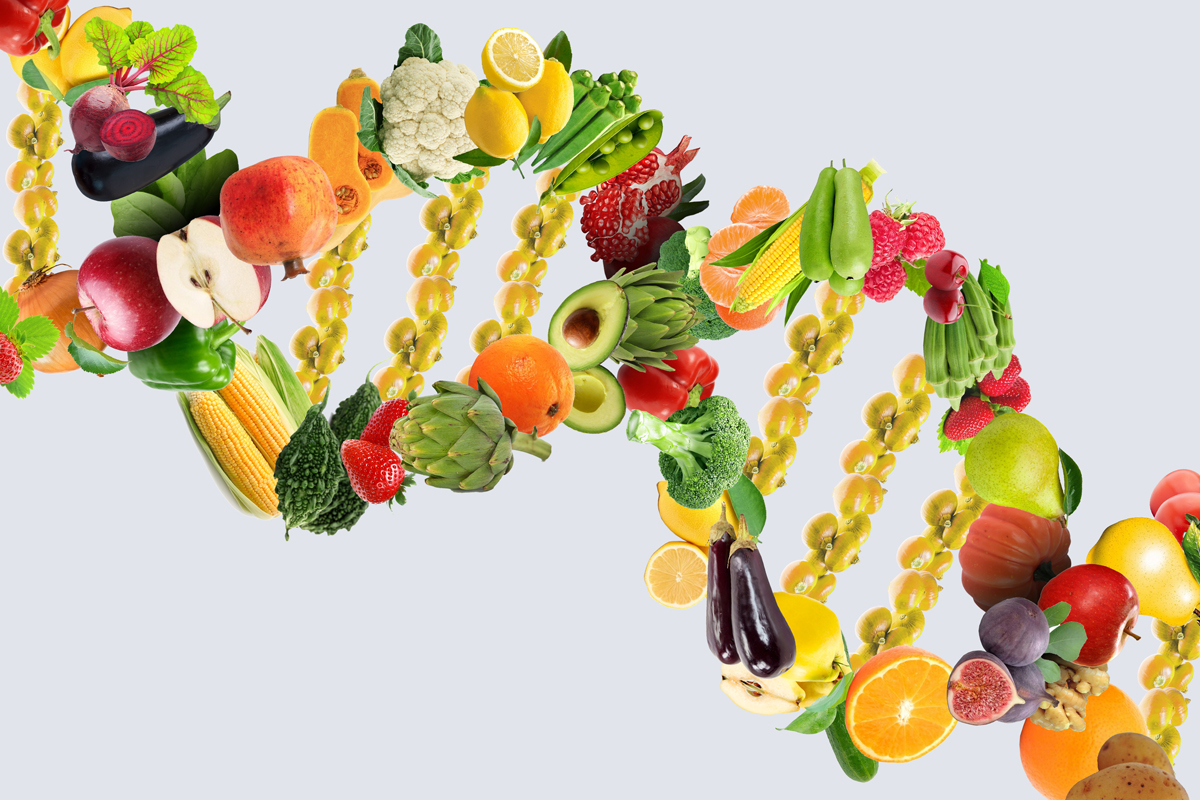Introduction
In today’s fast-paced world, maintaining optimal health is of paramount importance. With the emergence of cutting-edge scientific research, the concept of epigenetics has revolutionized our understanding of how lifestyle choices, including diet, can profoundly impact our genetic expression. This article delves into the intriguing realm of epigenetic diet optimization, shedding light on its significance in achieving and maintaining good health.
Understanding the Epigenetic Landscape
Epigenetics is the study of changes in gene expression or cellular phenotype caused by mechanisms other than alterations in the underlying DNA sequence. It encompasses DNA methylation, histone modifications, and non-coding RNA molecules, all of which play pivotal roles in regulating gene activity. Epigenetic changes can be influenced by various external factors, including diet.
The Epigenetic Diet Connection
The epigenetic diet optimization revolves around making dietary choices that positively influence these epigenetic markers. By understanding how specific nutrients interact with our genes, we can tailor our diet to potentially reduce the risk of chronic diseases and enhance overall well-being.
Key Nutrients in Epigenetic Diet Optimization
Methyl Donors: Certain nutrients act as methyl donors, influencing DNA methylation. These include folate, vitamin B12, and choline, which are abundant in foods like leafy greens, liver, eggs, and legumes.
Polyphenols: Found in fruits, vegetables, tea, and red wine, polyphenols have been shown to modulate epigenetic processes. They possess antioxidant properties that can potentially counteract harmful epigenetic changes induced by environmental factors.
Omega-3 Fatty Acids: Abundant in fatty fish like salmon and flaxseeds, omega-3 fatty acids play a crucial role in modulating inflammation and have been associated with positive epigenetic changes.
Sulforaphane: This compound, found in cruciferous vegetables such as broccoli and Brussels sprouts, has demonstrated the ability to influence DNA methylation and histone modification, potentially reducing the risk of various diseases.
Vitamin D: Known as the sunshine vitamin, vitamin D plays a vital role in gene expression. It can be obtained from sunlight exposure as well as dietary sources like fatty fish, fortified dairy, and egg yolks.
Implementing an Epigenetic Diet
Transitioning towards an epigenetic diet involves a balanced and varied intake of nutrient-rich foods. This includes:
Incorporating a Rainbow of Fruits and Vegetables: A diverse array of plant-based foods ensures a wide spectrum of phytonutrients, each with its unique epigenetic potential.
Prioritizing Whole Foods: Minimizing processed foods in favor of whole, unprocessed options ensures a higher nutrient density and fewer potential epigenetic disruptors.
Balancing Macronutrients: Striking a balance between carbohydrates, fats, and proteins is essential for overall health and optimal epigenetic function.
Mindful Eating: Practicing mindfulness while eating allows for better digestion and absorption of nutrients, maximizing their potential epigenetic impact.
The Human Element in Epigenetic Diet Optimization
While scientific research forms the backbone of epigenetic diet optimization, it’s essential to remember that adopting a new dietary approach is a deeply personal journey. It’s about finding what works best for individual needs, preferences, and lifestyles. Consulting with a healthcare professional or registered dietitian can provide valuable insights and guidance.

